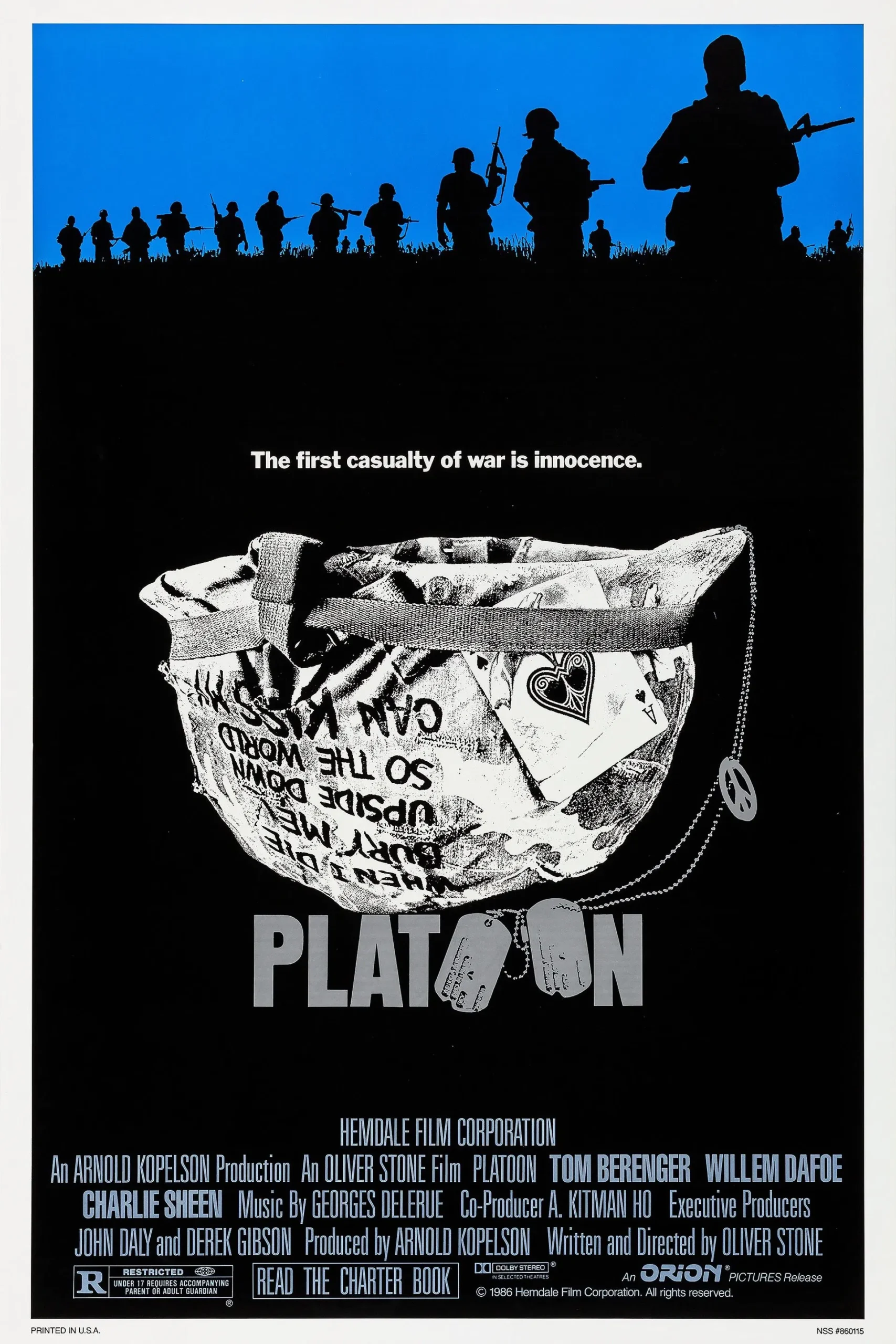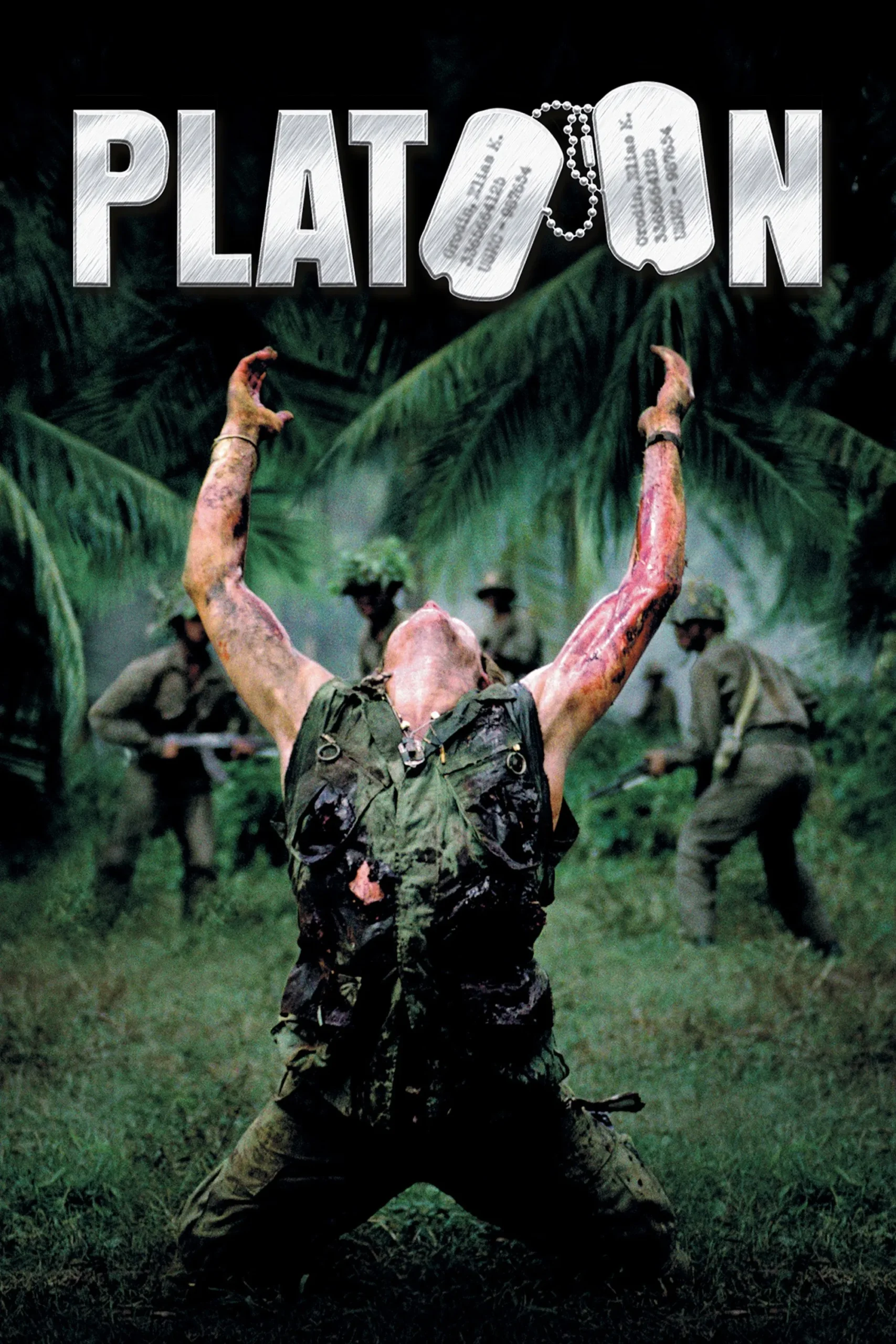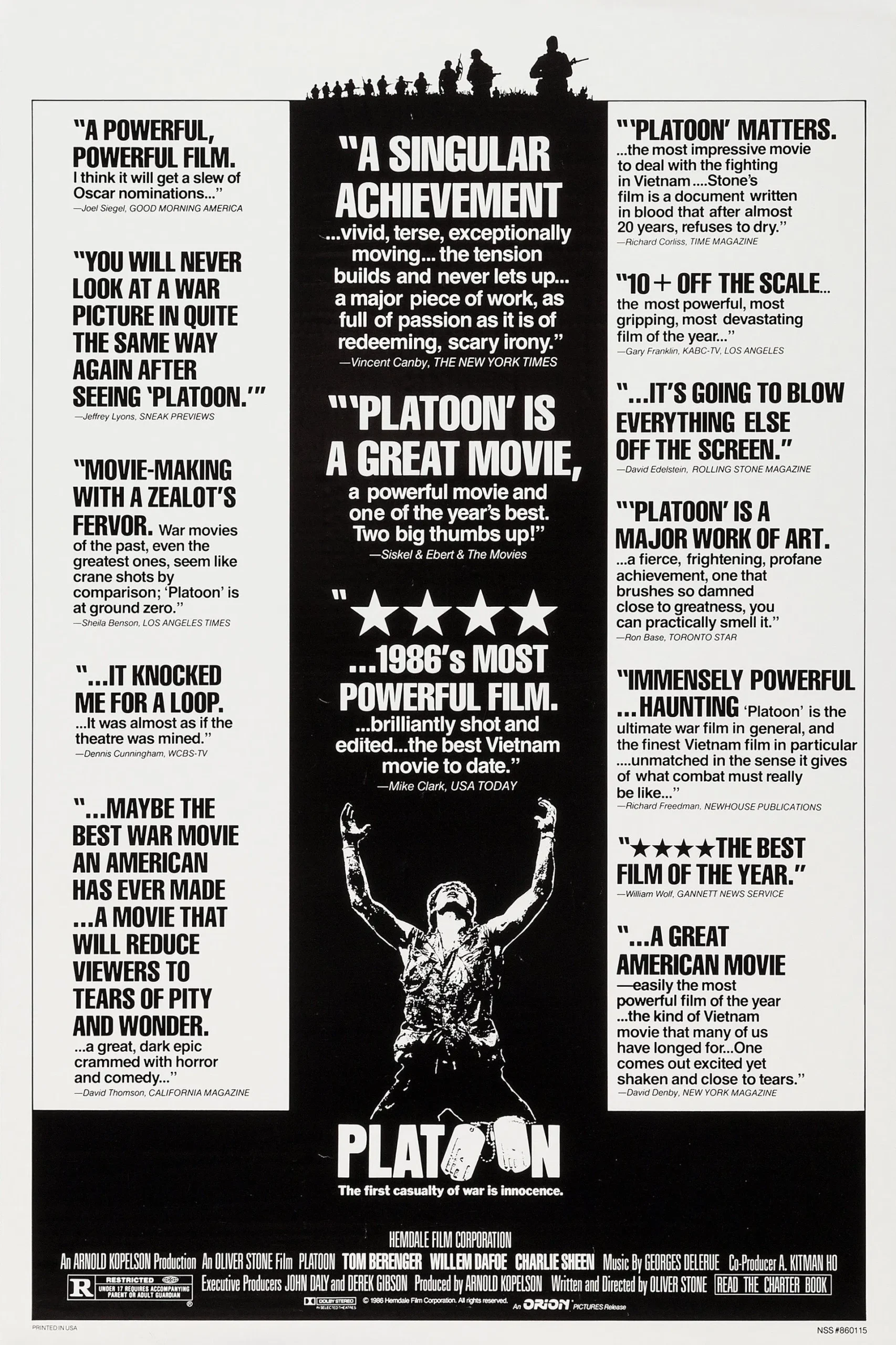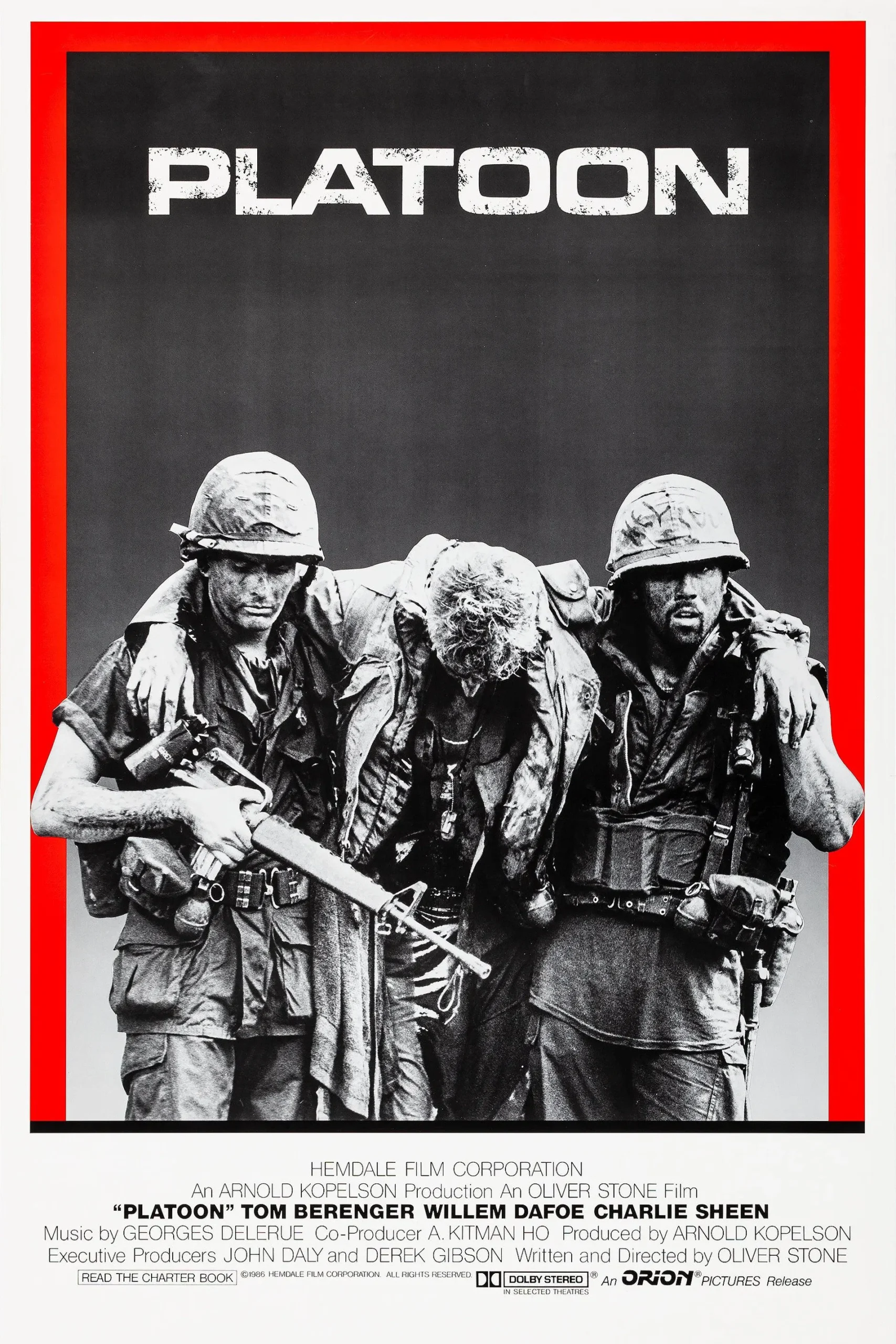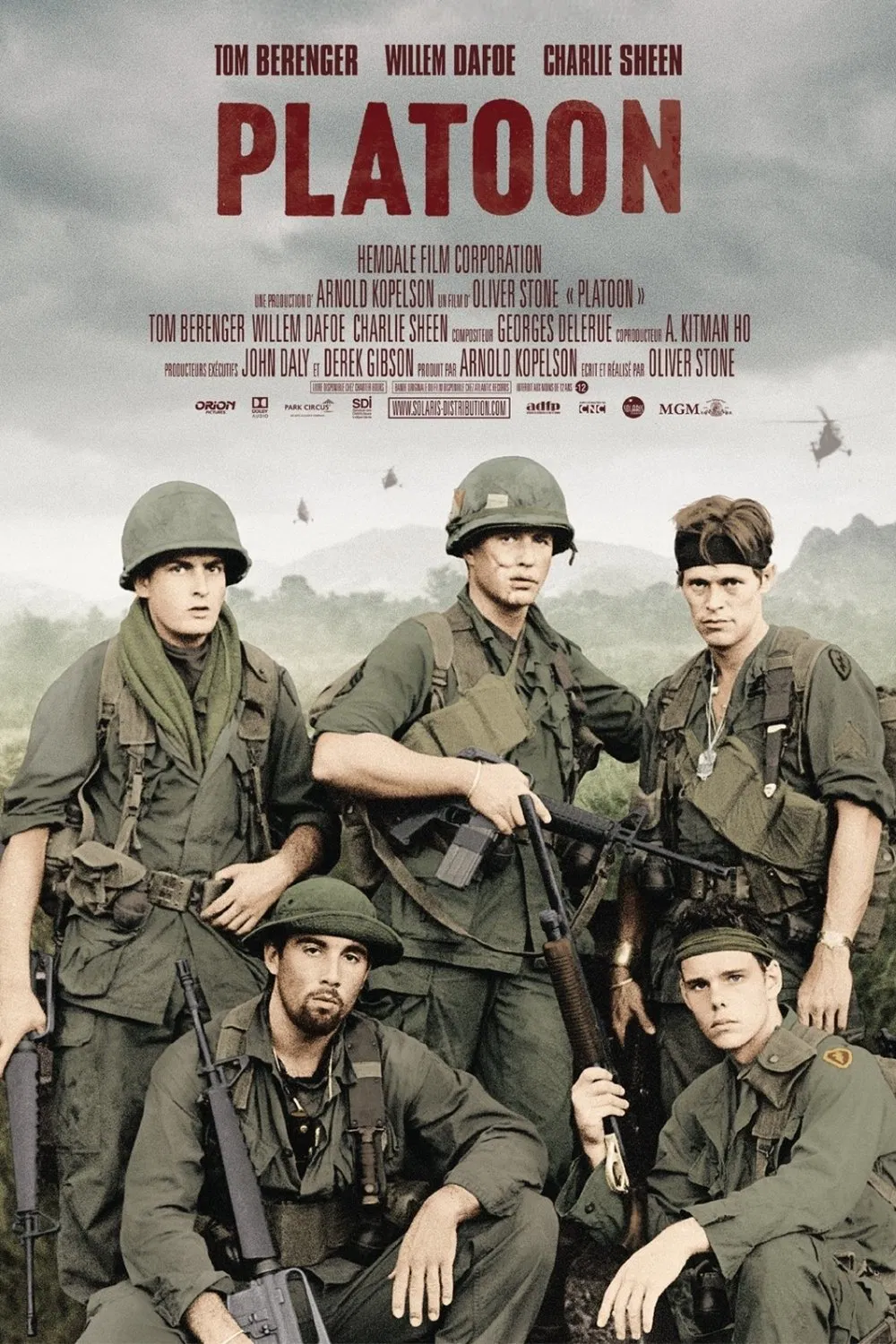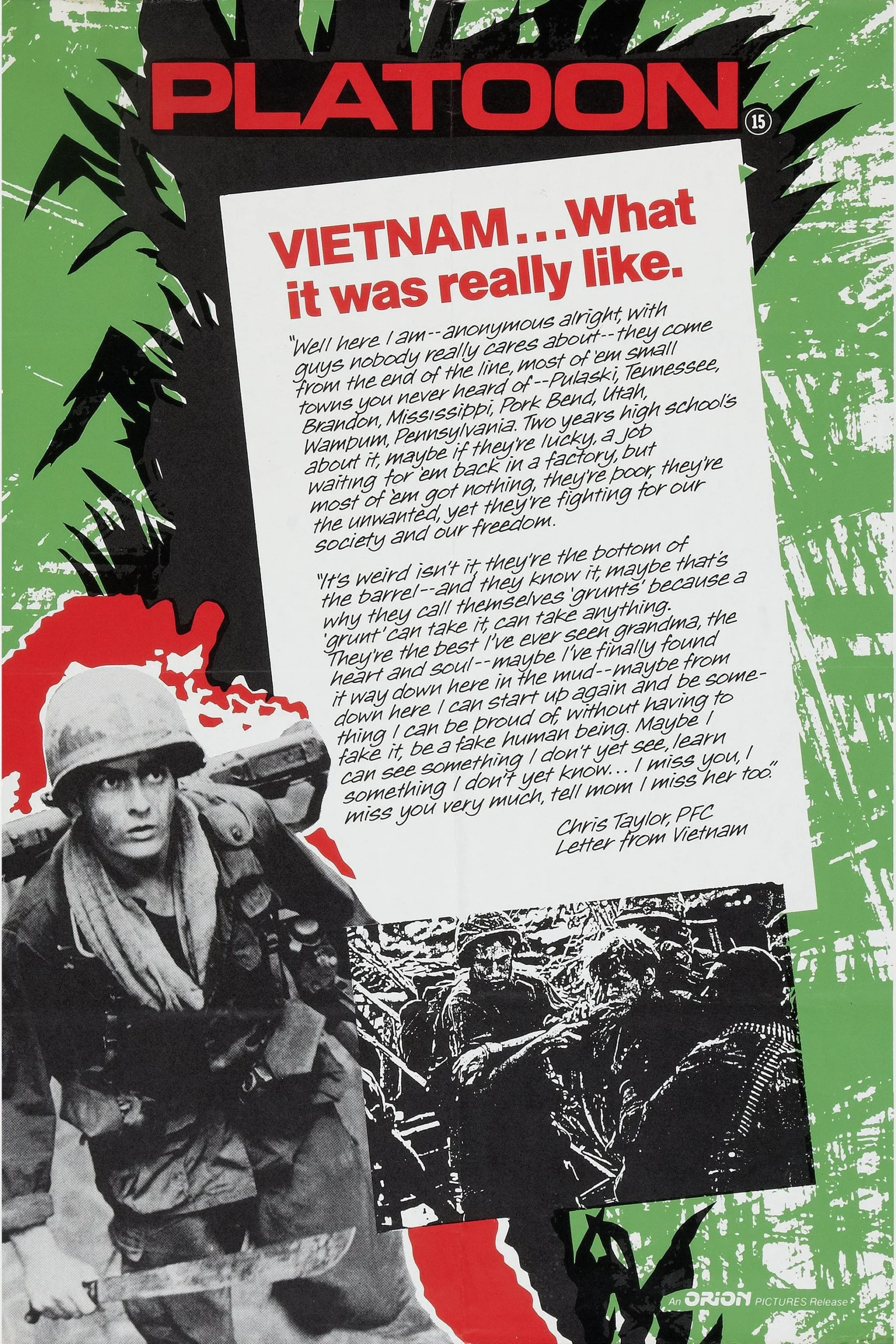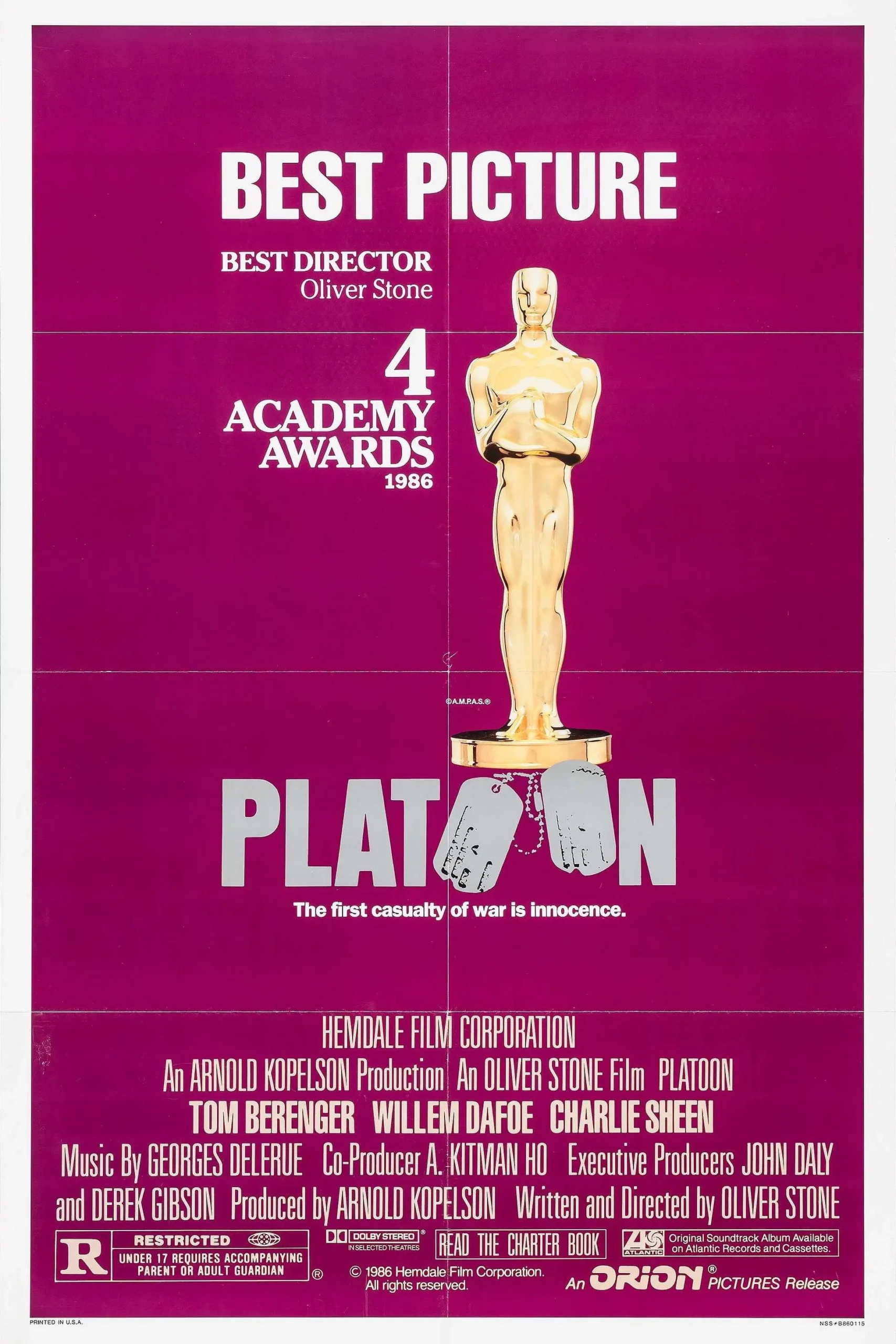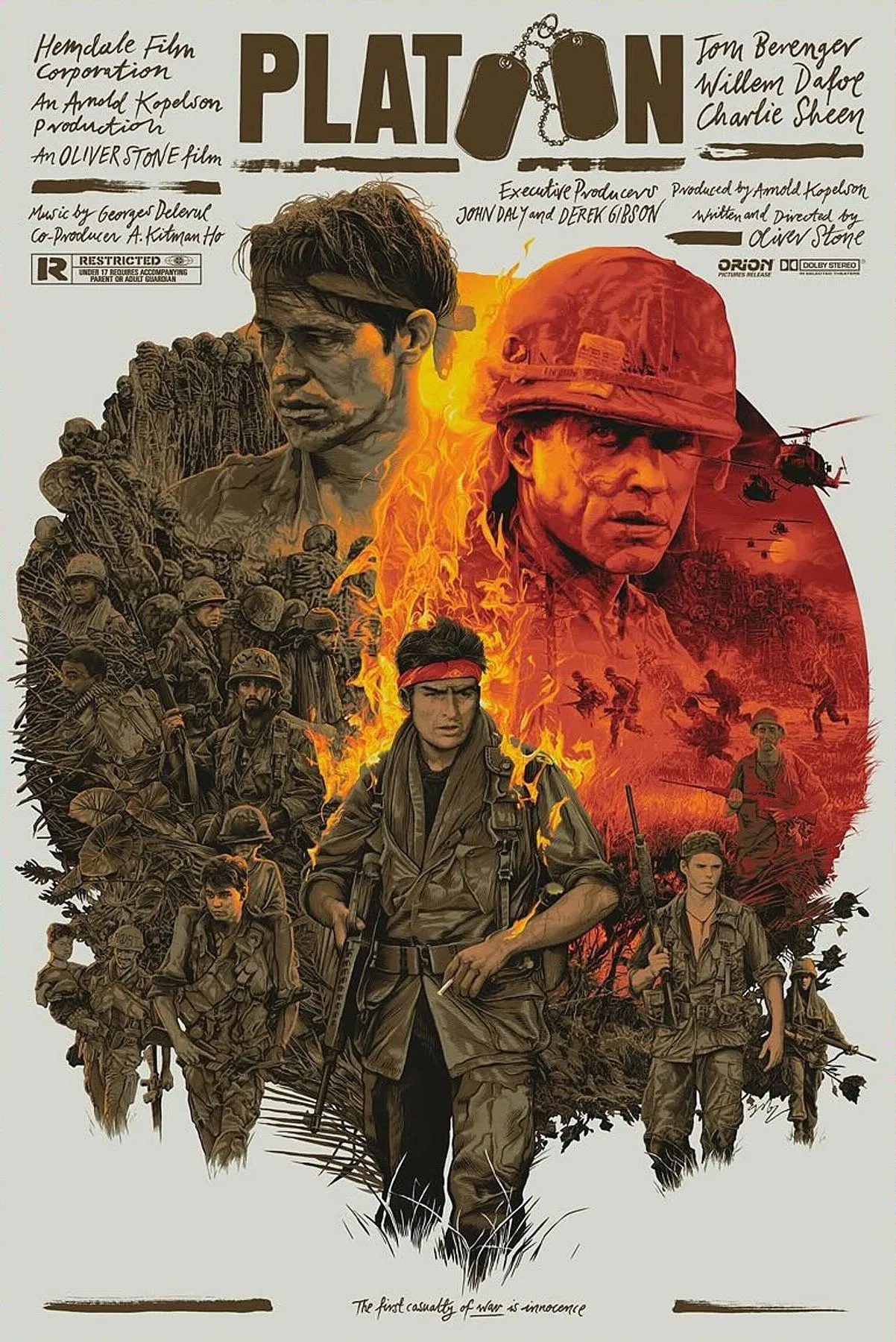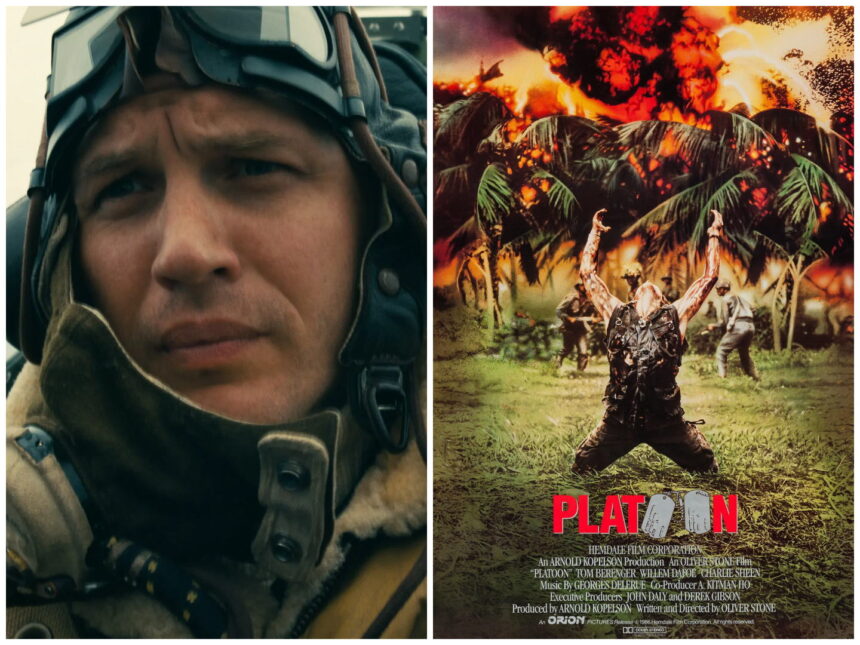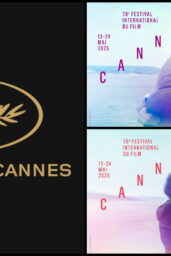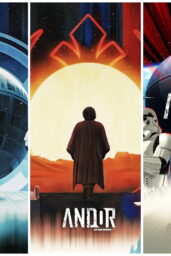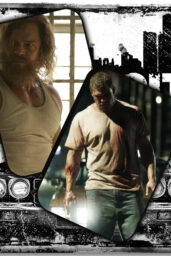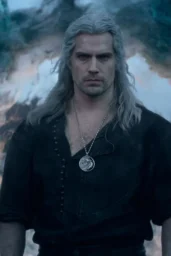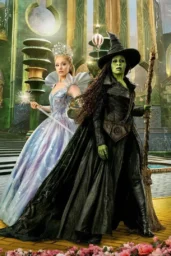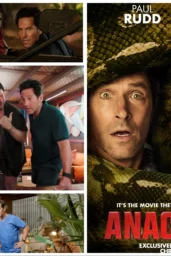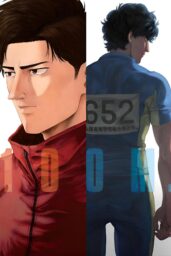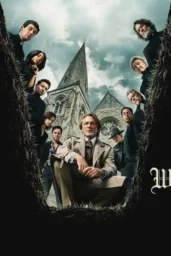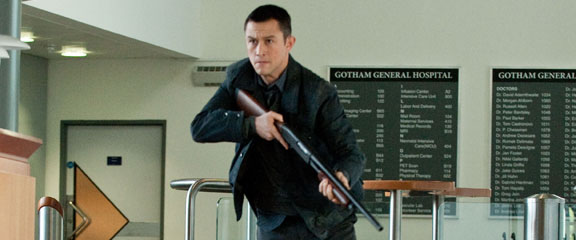Forget Venom. Forget Bane. Tom Hardy's true cinematic loyalty lies somewhere far grittier: the jungles of Vietnam.
In a career built on physical transformations and characters with more trauma than therapy hours, you'd expect Tom Hardy's favorite film to be something avant-garde or obscure—maybe an art-house fever dream by Gaspar Noé. And while he did name-drop auteurs like Kubrick, Scorsese, and the Coen brothers in a candid interview (via Far Out Magazine), Hardy ultimately pointed to something much more raw: Oliver Stone's Platoon.
That's right. The actor known for brooding antiheroes and menacing growls thinks Platoon—the 1986 Vietnam War epic that won four Oscars—is the high watermark of cinema.
Why?
“Really beautifully put-together film,” Hardy said. “Really classy ending.”
But that's underselling it. Because Platoon isn't just a beautifully crafted war drama. It's a psychological gut punch. A moral minefield. And a blueprint—Hardy calls it a “study book”—for understanding character, culture, and the chaos of combat.
The Film That Shaped a Generation (And Tom Hardy's Craft)
Hardy isn't just admiring Platoon as a viewer—he's dissecting it like an actor. And he's not wrong. Released in 1986 (yes, that makes it 39 years old), Oliver Stone's Platoon was the first Vietnam War film made by a Vietnam veteran. It feels like it. The mud is real. The fear is thick. The ambiguity? Haunting.
In the same breath, Hardy praised the performances—Dafoe, Berenger, even a young Johnny Depp—and how they collectively captured the full breadth of American identity.
“It had a taste across America [from] working class to upper class,” Hardy said. “Every actor and every character I need as an English guy.”
That's not just flattery. It's field research.
Platoon doesn't present soldiers as flawless heroes. It shows them cracking. Losing control. Turning on each other. It's Apocalypse Now meets Lord of the Flies, with the raw nerves left in.
A Legacy That Still Outguns Today's War Films
Let's zoom out.
War movies since Platoon have ranged from reverent (Saving Private Ryan) to experimental (1917). But few hit that same moral rawness. Even Dunkirk, where Hardy himself soars in a Spitfire, doesn't dive this deep into human fracture under fire.
And maybe that's why Platoon still sticks.
It's not about flag-waving or redemption arcs. It's about how war breaks people in different ways—and how those cracks reveal who they really are. As a tool for an actor like Hardy? Goldmine.
Even 39 years later, it refuses to fade into history like so many of its peers. It's still ranked #86 in AFI's “100 Years… 100 Movies” and holds an 89% on Rotten Tomatoes. Not because it's easy to watch. Because it's not.
So… Why Does This Matter Now?
In an era where Hollywood keeps rebooting and re-skinning its IPs like a desperate TikToker chasing views, Hardy's pick feels like a throwback—and a warning.
Great storytelling doesn't need a cinematic universe. It needs guts. Stakes. Characters who bleed when they break.
And Platoon has all that in spades.
Would you trade a perfect ending for painful truth? Hardy would. And Platoon shows why that choice still matters.
Your move, Hollywood.
Platoon Posters
